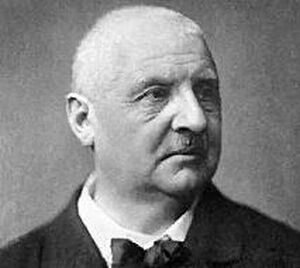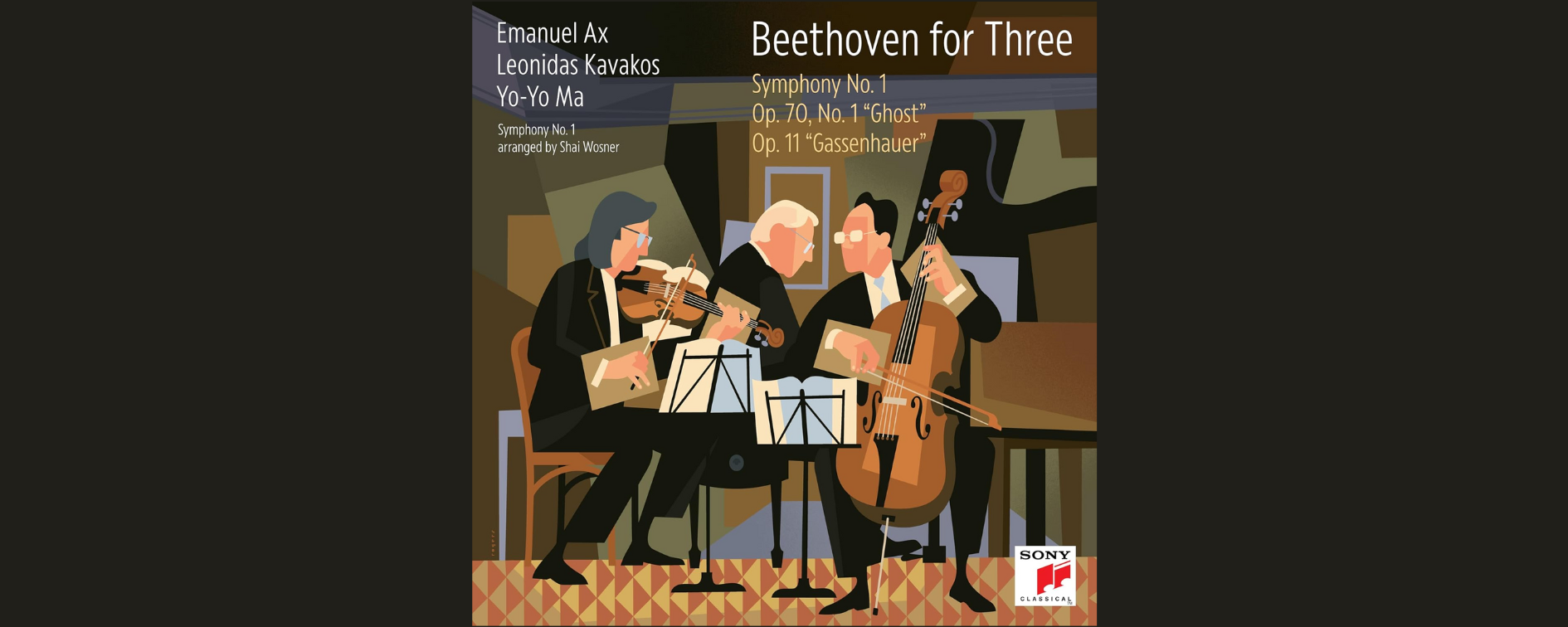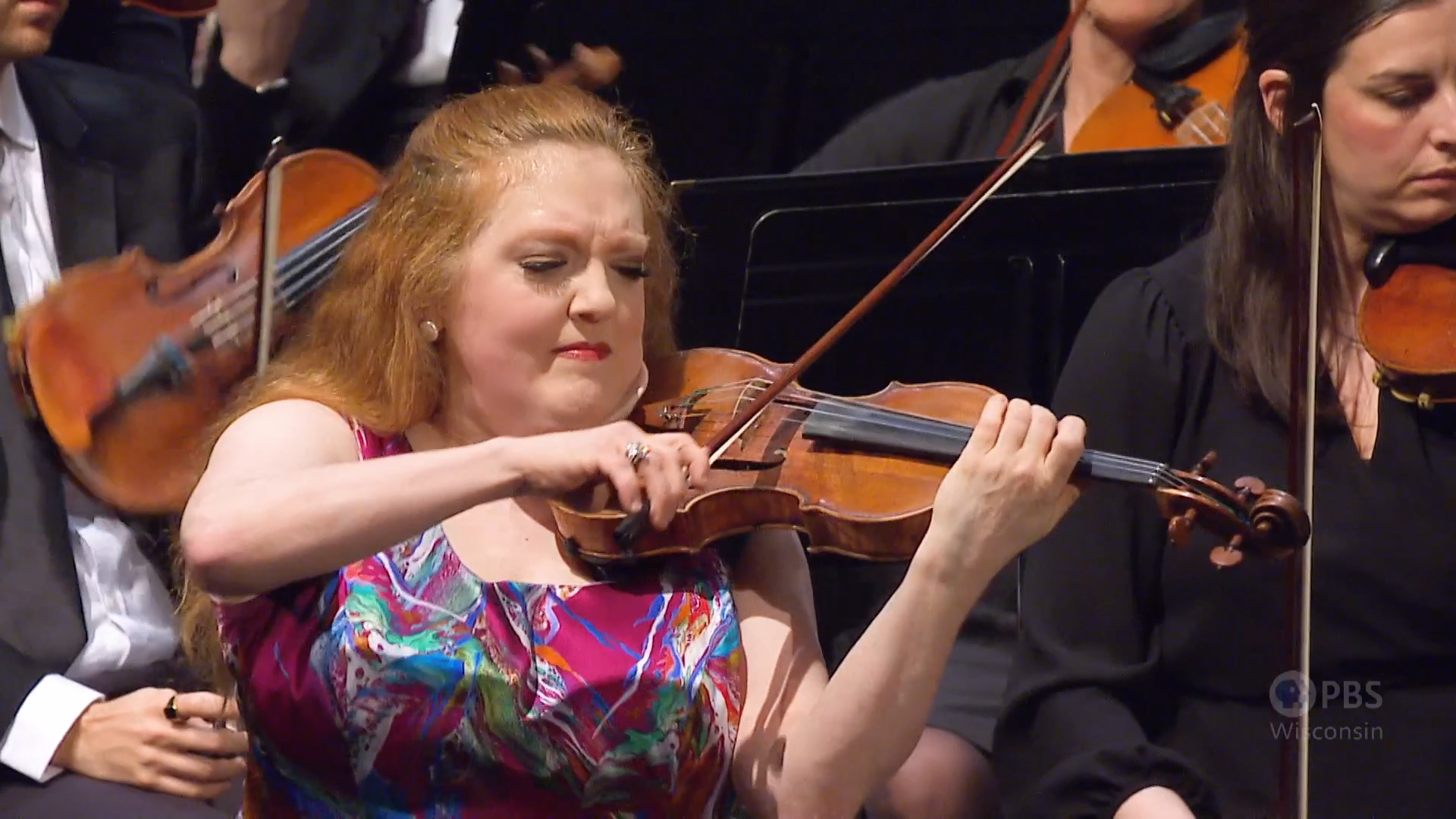He wrote vast dramatic symphonies but Anton Bruckner led a life that tended to be prosaic and more than a little cluttered. He didn’t look like other musicians of the 1880’s. He kept his hair cut so short that many people remembered him as being bald.
He wore a short jacket and voluminous trousers that made some people think he was a peasant. A colored handkerchief hung from his pocket. Holding his hat in his hand, he walked so fast through the streets of Vienna that even his young pupils had trouble keeping up with him.
Bruckner’s two-room apartment was in similar disarray. In the middle of one room stood a very old Bosendorfer grand piano, its white keys almost as dark as the black, thanks to the ravages of dust and snuff. Against one wall was an American cottage organ — a pedal harmonium. Against another was a bed with a large crucifix hanging over it. In front of the window was a little table used for writing and dining.
News with a little more humanity
WPR’s “Wisconsin Today” newsletter keeps you connected to the state you love without feeling overwhelmed. No paywall. No agenda. No corporate filter.
The rest of the room contained nothing but the bare necessities of day-to-day living. The furniture was minimal. On the piano was a tangle of clothing and scores by Bach, Beethoven, Schubert, and Wagner.
Only two books were to be found in the entire apartment–the Bible and a biography of Napoleon. The second room had no furniture at all. Stacked in one corner were bundles of reviews, papers, and letters. Manuscripts of Bruckner’s symphonies and Masses lay interspersed with newspaper articles and letters from conductors.
One time Bruckner’s Quintet disappeared in the mound of paper. While searching for it a friend came across the only piano work Bruckner had ever written and the composer gave it to him. Appropriately, it was called “Souvenir.”
At night Bruckner lit his chaotic domain with just two tall candles, a habit that stemmed from his understandable fear of fire.
Wisconsin Public Radio, © Copyright 2025, Board of Regents of the University of Wisconsin System and Wisconsin Educational Communications Board.






